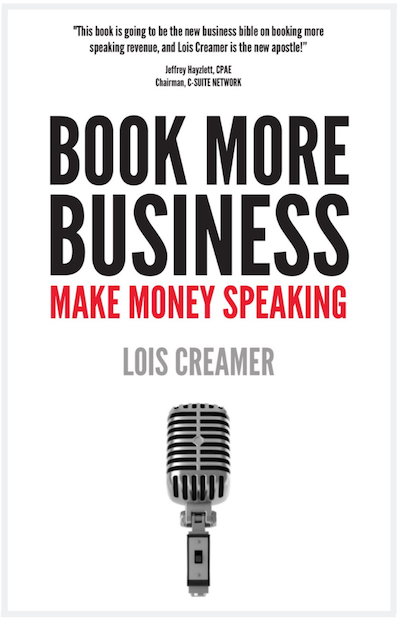5 Reasons Why Your Clients Ask for Discounts and How to Handle Them
When speaking with clients and prospects, it’s important to be able to articulate your value and why your fees are set at a certain price point. If you’re able to do this effectively, you’ll be in a much better position to negotiate and counter any objections around discounts. There are a few common reasons why clients may ask for discounts, which include perceiving your services as a commodity, feeling like they could get the same services elsewhere for less, or simply wanting to feel like they’re getting a good deal. However, if you’re able to speak to the unique value that you bring and why your fees are fair, you’ll be much better equipped to overcome these objections. Here are some common objections and how to handle them.
- We can’t afford you.
Often heard. If they really want you, they’ll push for a discount. If you really want to work with them, you may offer one. You may want to work with them if they’re a big player in your target market, if decision makers will be in the audience, if there is an opportunity for spin-off business, they will meet other criteria such as promoting you – giving you personal referrals, testimonials, etc.
I have a chapter in “Book More Business: MAKE MONEY SPEAKING” on this very thing. You must ask yourself what value to your business would there be in offering a discount. On the other hand, what’s the downside of not offering one? You don’t want to work with a client who doesn’t value your expertise.
The answer is not always easy or clear-cut. But if you don’t have a great reason to offer a discount, stick to your guns and don’t give in.
2. We’re a nonprofit.
If you’re a professional speaker, then it’s important to know that nonprofits are not exempt from paying speaking fees. Just because an organization is a nonprofit does not mean that they don’t have the budget to pay for professional speakers. In fact, many nonprofits are very well funded and are able to pay speaking fees just like any other type of organization. If you’re asked to speak at a nonprofit, be sure to negotiate your speaking fee just like you would with any other type of organization. Don’t give into the pressure to discount your fee just because the organization is a nonprofit. Remember, speaking is a business and you should always treat it as such.
3. Multiple program discounts.
When speaking with a prospect or client who is interested in multiple programs, it is important to be aware that many of your colleagues offer discounts for signing up for more than one program. Discounts of 10-40% are fairly common, so you will need to decide what you are willing to offer in this scenario. Keep in mind that the client’s needs should be your top priority and be prepared to negotiate if necessary. With a little preparation, you will be able to confidently provide the best possible service to your clients.
4. Promotional opportunities.
While most people think of speaking engagements as a way to boost their visibility and credibility, they can also be a great way to promote your products or services. If you’re willing to cut your fee, you can often make an offer from the platform. This could be a discount on your products or services, or a free trial. You can also offer attendees something unique, such as a free e-book or white paper. In addition, speaking engagements provide an excellent opportunity to collect email addresses from potential customers. By leveraging these opportunities, you can generate leads and create awareness for your business.
5. Aftercare
As a speaker, you may want to offer “aftercare” to your clients – services that reinforce your ideas, content, strategies, and tactics long after the speech is over. .I coined this term several years ago for any business you do after an event to implement content.Aftercare can take many forms, from additional training and Zoom presentations to consulting and coaching. The key is to find an aftercare solution that fits both your speaking business and your clients’ needs. By offering aftercare, you can build deeper relationships with your clients and help them achieve their goals. Aftercare is a great way to add to your bottom line.
Conclusion.
When it comes to speaking, negotiation is a key part of the process. If you want to be successful, it’s important to be confident in your ability to leverage your speaking skills. By thinking ahead and being prepared, you can put yourself in a strong position to get the most out of every situation. With practice, you can become an expert negotiator and make a real difference in your speaking career. So don’t be afraid to put yourself out there and start making the most of every opportunity. Good luck!
Copyright 2022, Lois Creamer. Lois Creamer works with professional speakers who want to book more business, make more money and fully monetize their intellectual property. She can be reached in the following ways:
314-374-4007
For more information on Lois’ business check out https://www.bookmorebusiness.com.
Sign up for my blog posts so you don’t miss any at http://www.BookMoreBusiness.com/blog.
Check out Lois’ book – Book More Business: MAKE MONEY SPEAKING as well as The Speaker Author: Sell More Books and Book More Speeches available on Amazon!


